Publications
Articles, publications, books, tools and multimedia features from the U.S. Institute of Peace provide the latest news, analysis, research findings, practitioner guides and reports, all related to the conflict zones and issues that are at the center of the Institute’s work to prevent and reduce violent conflict.
Question And Answer
Whither NATO at 75?
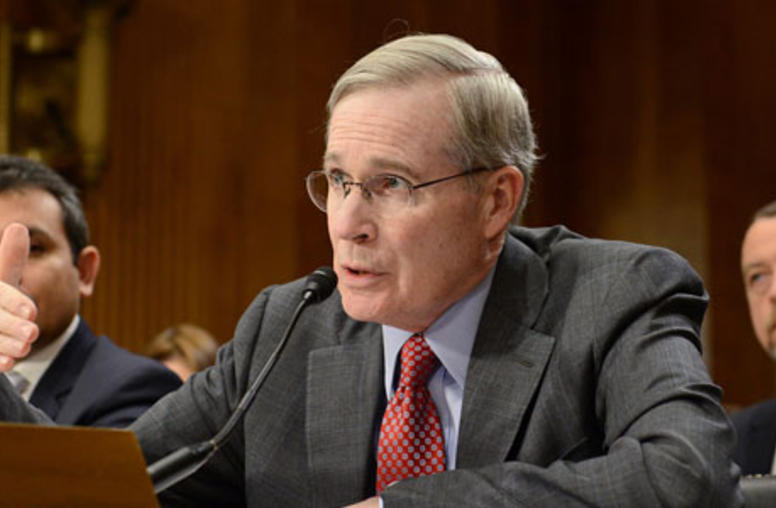
Stephen J. Hadley Testifies on the New START Treaty
Stephen J. Hadley, senior adviser for international affairs, testified before the Senate Committee on Foreign Relations on the new START Treaty on June 10, 2010.
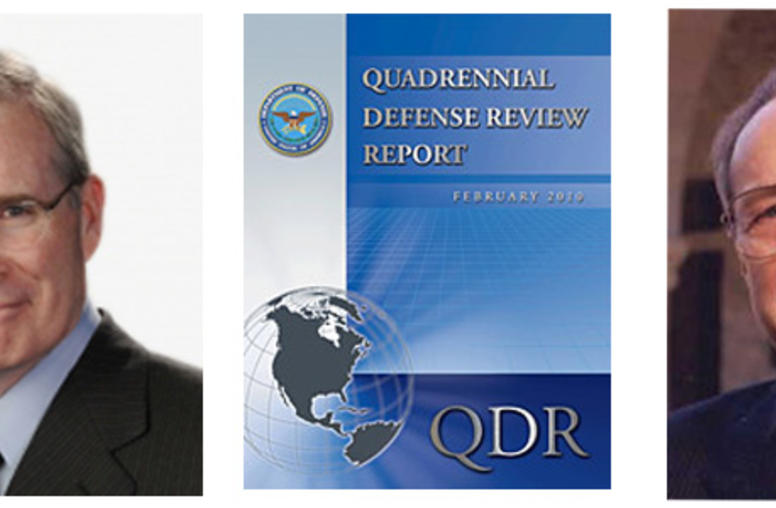
William J. Perry and Stephen J. Hadley Testify on the "Quadrennial Defense Review Independent Panel"
William J. Perry and Stephen J. Hadley testified on August 3, 2010 on the "Quadrennial Defense Review Independent Panel" before the Senate Armed Services Committee.
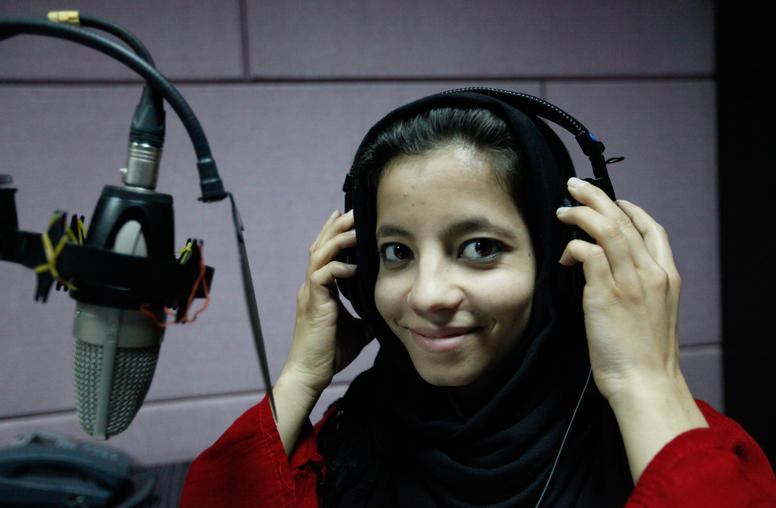
U.S. Democracy Assistance
USIP Board Chair, Stephen J. Hadley, testimony on U.S. democracy assistance before the State, Foreign Operations, and Related Programs Subcommittee of the Committee on Appropriations, of the United States Senate on Tuesday, May 9, 2017.
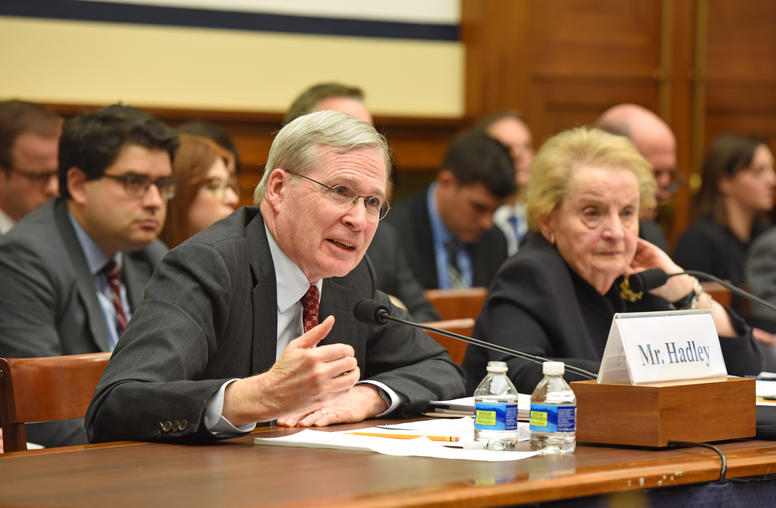
America’s Role in the World
In our testimony, we would like to offer our perspective on the current challenges to the international system, share some insights relevant to this topic from our Middle East Strategy Task Force, and suggest some ways in which Congress might be able to help forge a new bipartisan consensus on American foreign policy.
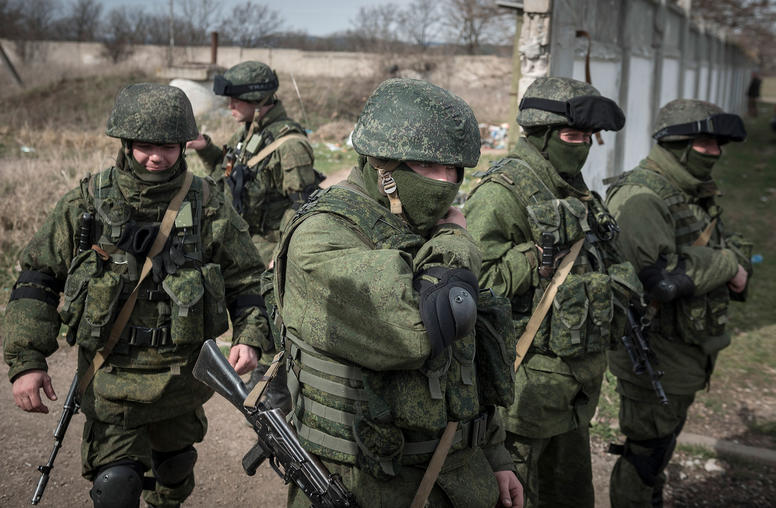
It’s Time to Stand Up to Russia’s Aggression in Ukraine
Five years ago, Russia rolled into Crimea, orchestrated a swift and one-sided referendum, and annexed the Ukrainian territory. The West was blindsided by the attack and slow to provide any response. As a result, Russian President Vladimir Putin launched a second invasion of Ukrainian soil—this one in the country’s east. This attack met stronger resistance, and eventually the West swung into gear to push for a cease-fire and to impose sanctions on Russia. Yet the conflict rumbles on and has killed over 10,300 Ukrainians so far.
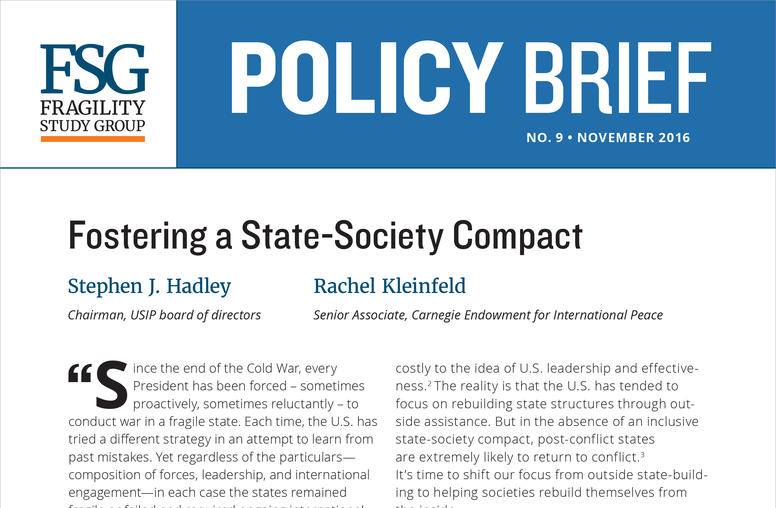
Fostering a State-Society Compact
The Fragility Study Group is an independent, non-partisan, effort of the Carnegie Endowment for International Peace, the Center for a New American Security and the United States Institute of Peace. The chair report of the study group, U.S. Leadership and the Challenge of State Fragility, was released on September 12. This brief is part of a series authored by scholars from the three institutions that build on the chair report to discuss the implications of fragility on existing U.S. tools, st...
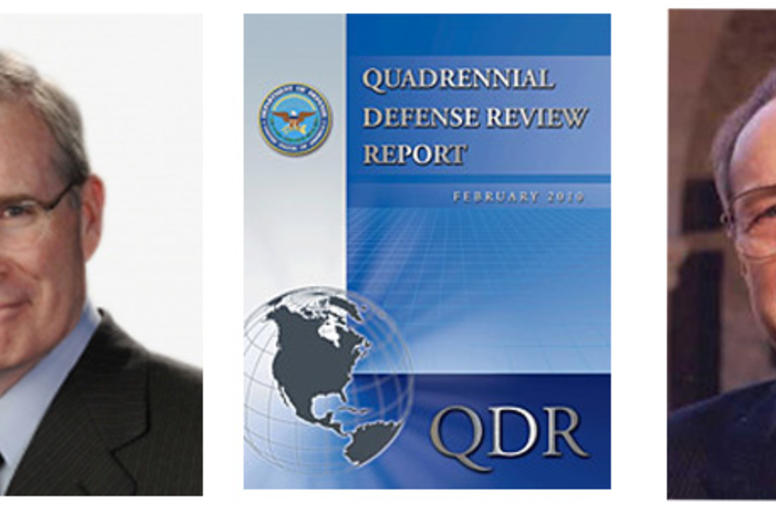
"Quadrennial Defense Review Independent Panel"
On April 15, 2010, William J. Perry and Stephen J. Hadley testified before the House Armed Services Committee on the "Quadrennial Defense Review (QDR) Independent Panel" which is facilitated by the United States Institute of Peace (USIP). The QDR Independent Panel, which includes 12 appointees of Secretary of Defense Robert Gates and eight appointees of Congress, has been asked to submit a written assessment of the QDR by July 15, 2010.
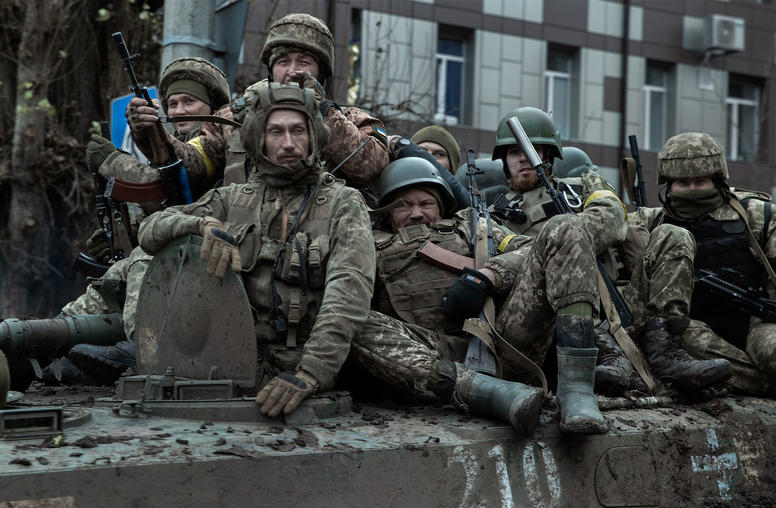
Preparing for Victory in Ukraine
Success. That’s the potential outcome that the United States, Ukraine, allied and partner governments, and private-sector actors must now prepare to confront. Ukraine’s counteroffensives, backed by expanded and accelerated U.S. and allied support, continue to push Russian forces out of Ukrainian territory, although at a reduced rate. These hard-won successes, however, bring with them possible challenges that also must be addressed.
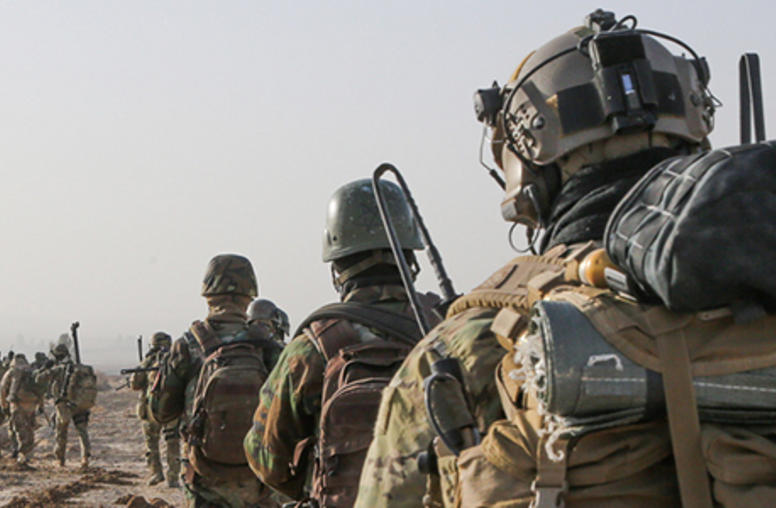
America the Gentle Giant
Vladimir Putin's cynical efforts to annex Crimea and intimidate the fledgling government of Ukraine make it all too clear that naked aggression in world affairs is not a thing of the past. The United States and its allies must respond firmly when such aggression occurs. But there are other perhaps less dramatic instances of resorting to force of arms. These include unresolved disputes between states -- or ethnic, tribal, and religious disputes within states -- that degenerate into armed confl...
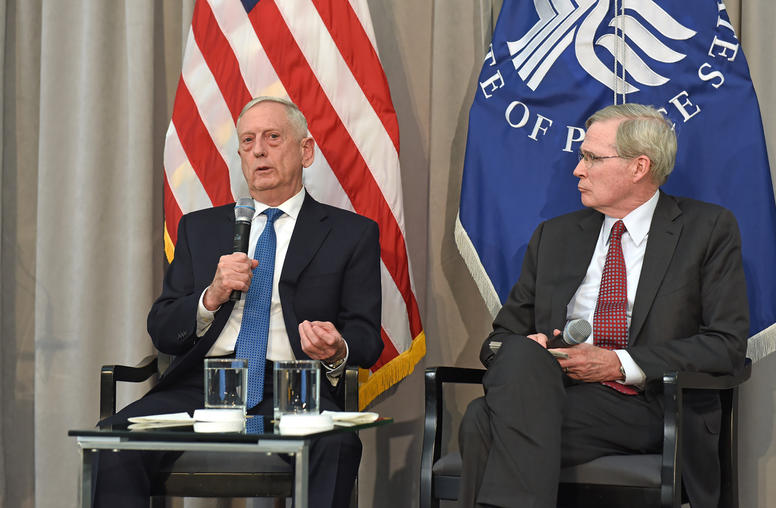
James Mattis: Yemen Needs a Truce Within 30 Days
Secretary of Defense James Mattis yesterday urged combatants in Yemen, including Saudi Arabia and Yemen’s Iran-backed Houthi faction, to negotiate a cease-fire in that war within 30 days while speaking to diplomats, military officers and conflict-resolution specialists at the U.S. Institute of Peace. In a webcast conversation moderated by former national security advisor and USIP Chair Stephen J. Hadley, Mattis also discussed global security challenges facing the United States—from Russia and China, to North Korea—cybersecurity and the need for the developed world to help fragile states improve their governance and address the root causes of extremism.